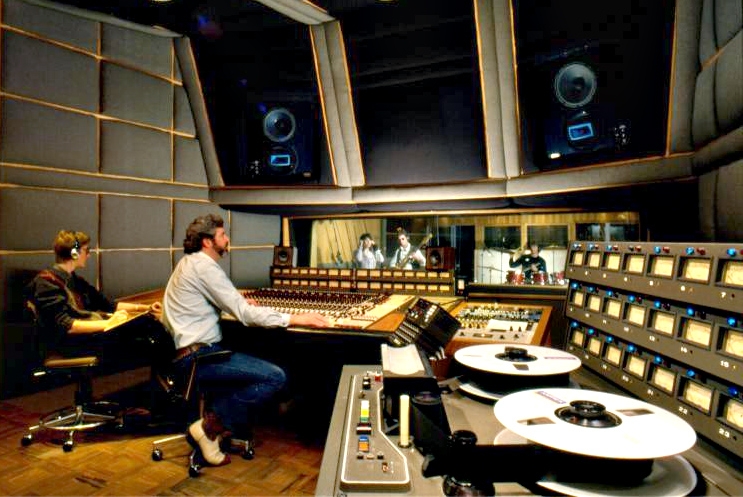THE SECRET NETWORK CONNECTION IN THE MUSIC CREATOR INDUSTRY 🔝🎹
The music industry has greatly benefited from the advancement of network connections. With the emergence of the internet and high-speed connectivity, musicians, producers, and consumers have experienced significant changes in how music is created, distributed, and consumed.
One notable example of the impact of network connections on the music industry is the rise of online music streaming platforms. Services like Spotify, Apple Music, and Tidal have revolutionized the way people access and listen to music. These platforms rely heavily on network connections to deliver music to users in real-time, allowing them to stream millions of songs instantly. Users can create personalized playlists, discover new artists, and share their favorite tracks with others, all made possible by network connectivity.
Furthermore, network connections have facilitated the growth of online music marketplaces. Websites like Bandcamp and Soundcloud enable independent musicians to upload and sell their music directly to consumers, eliminating the need for traditional record labels. This direct-to-consumer model has empowered artists to have more control over their music, reach a global audience, and earn a fairer share of revenue.
Social media platforms also play a significant role in the music industry, connecting artists with their fans in ways never seen before. Musicians can engage with their audience through platforms like Instagram, Twitter, and Facebook, sharing updates, behind-the-scenes content, and even live-streaming performances. These interactions foster a sense of community and allow artists to build a loyal fan base, all thanks to network connections.
Moreover, network connections have revolutionized the collaboration process within the music industry. Artists can now collaborate remotely, regardless of their physical location. Through cloud-based platforms like Dropbox, Google Drive, or even online recording studios, musicians can share files, work on projects together, and produce music without the need for physical proximity. This has opened up endless possibilities for cross-genre collaborations and has democratized the creative process.
In conclusion, network connections have had a profound impact on the music industry. From streaming platforms to online marketplaces, social media engagement, and remote collaborations, the music industry has become more accessible, interactive, and diverse than ever before. The power of network connectivity has transformed the way music is created, distributed, and consumed, shaping the industry's landscape for years to come.





Comments
Post a Comment